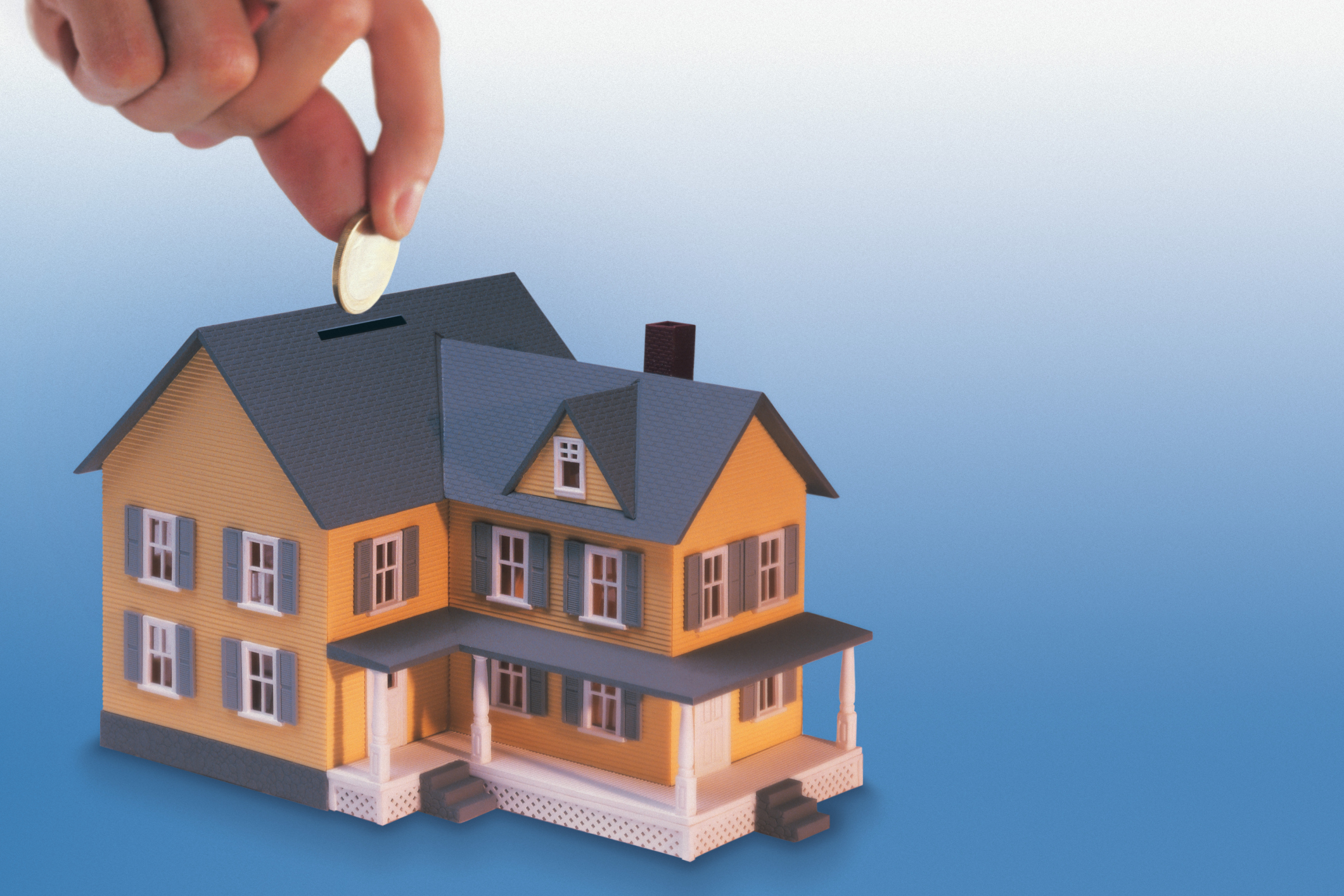
Homeownership is an ultimate goal of almost every single American, a part of American dream, as it gives the sense of stability and provides the entire family, as well as the future generation, with a wonderful place to live and call your own. House purchase is a principal financial expense of an average U.S. citizen’s lifetime, as well as a primary part of his assets.
But, despite the common misconception, a house that’s bough to live in isn’t the greatest investment ever. In fact, most financial experts emphasize that one should not refer to a house purchase as to an investment at all, as homeownership is not likely to increase wealth these days.
The false impression of growing value of a house, as well as a number of other factors debunk the ‘house=great investment’ notion most Americans still believe in. They don’t underestimate the importance of settling down, obtaining a house and having your own space to live in, but they totally prove the popular belief mentioned above wrong.
Why house is a bad investment
1. Inflation rates beat the presumably growing value of a house
A false assumption that buying a house is a great way to invest money and build wealth is usually based on the great old stories about our grandparents or great grandparents, who managed to buy a house at an incredibly low cost and whose home is much more expensive now.
What’s not considered is the inflation of the American currency, as, if you would use an inflation calculator, you’d find out that the house your grandparents bought for $70,000 in 1950s would, according to the basic price conversion logic, cost them more than $700,000 now. But, would you be able to score that much for it if you were to go out and sell it on the modern housing market, especially if no particular renovations were carried out? I doubt that.
Thus, the true value of a house actually declines over time. Additionally, the former trend of rapidly growing real estate price rates has shifted to the decrease of the prices observed during the fall of the market and barely noticeable recent real estate price increase, which undermines the idea of rising property value even more.
2. You pay more than you get
If you take your time to do the math and calculate how much money an average house actually costs, you’ll understand that homeowners pay twice, if not three times as much as the market price for their home over the course of the mortgage repayment term. Take a look at this data:
-
The price of an average house the U.S. is about $355,000
-
Required 20% downpayment is about $71,000 on average
-
Average loan balance = $284,000
-
Current interest rate for a 30-year fixed mortgage = 3.5% (which is about to go up, by the way)
-
Monthly payment ≈ $1,700
-
Total principal and interest paid by the time the mortgage is repaid: $612,000 (or $257,000 more than the original amount)
-
Average property tax rate is 1.15%, which turns into approximately $122,500 over 30 years
-
Maintenance (the money you’ll for upkeep, remodeling services, home improvements, occasional repairs, etc.) at 1% per year, which makes about $3,550 a year or $106,500 over 30 years
- Sum up total out-of-pocket costs over 30 years ($841,000) and compare them with the initial price of the house. Get it?
These are the provisions Andrew Henderson, an experienced financial consultant, used in his article to prove the fact that a house is the worst investment one can imagine and that the average homeowner spends a lot more money to purchase his house and maintain in proper condition than the market would ever be able to offer him in the form of the resale value.
3. It’s not an investment at all, unless you plan to sell it quite son after the purchase
The housing market has almost recovered after the recent crash and the real estate prices are generally going up again, just as the real estate value. But, there’s a short period of time, during which you may make the full use out of that tendency, as the currency inflation that inevitably happens will eventually devour the increase of value.
You’ll only be able to earn some real money, which aren’t devalued by long-term inflation, if you sell the house after a significant price appreciation, not related to inflation. Major home improvements, which will cost you something as well, are the major value boosters these days.
However, buying a home that requires significant renovation efforts and expenses to sell it to the next owner, who might love the location, but doesn’t want to deal with major construction on his own, might not be quite efficient. In reality, you may even lose in the overall price due to the fact, that you’ll have to pay real estate agents and lawyers to conduct a deal, open your own pocket for numerous fees and cover moving expenses out of your own pocket. Then, you’ll probably end up using the equity from the property sale to purchase a new house. And you’ll be lucky if you don’t have to add your own money to do that.
Bearing in mind the fact that the price appreciation is never guaranteed and that the house that serves as your family home won’t generate a cash flow to cover the upkeep and remodeling expenses, you’ll understand that buying a house to sell it shortly after the purchase has nothing to do with a profitable business or a working investment worth embarking on. It's rather a secure place to live and support with your own money.







